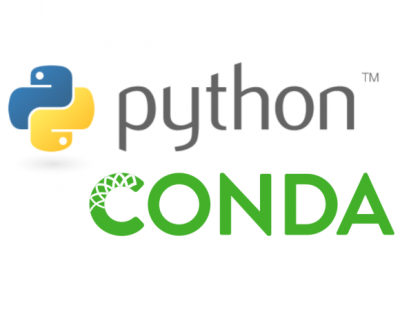
To install the library we need to install the anaconda which includes conda package manager, python3.9 version and Jupyter Notebook used for scientific computing and data science.
* Download Anaconda installer for Linux.
* Verify your installer hashes
sha256sum Anaconda3-2021.11-Linux-x86_64.sh
* .Run
/abinitio> chmod +x Anaconda3-2021.11-Linux-x86_64.sh
/abinitio> ./Anaconda3-2021.11-Linux-x86_64.sh
accept the default choices
We get the following
==> For changes to take effect, close and re-open your current shell. <==
If you'd prefer that conda's base environment not be activated on startup,
set the auto_activate_base parameter to false:
conda config --set auto_activate_base false
Thank you for installing Anaconda3!
===========================================================================
Working with Python and Jupyter notebooks is a breeze with PyCharm Pro,
designed to be used with Anaconda. Download now and have the best data
tools at your fingertips.
PyCharm Pro for Anaconda is available at: https://www.anaconda.com/pycharm
* Source the ~/.bashrc file
source ~/.bashrc
How to avoid conda to activate base environment?
By default conda init will add to your .bashrc file for the base environment, which will slow down your terminal.
You can remove them in your .bashrc file or answer no to that question in the last step of your anaconda installation.
And then add the following to your .bashrc file. If you changed the default installation directory, change ~/anaconda3/ to that directory.
source ~/anaconda3/etc/profile.d/conda.sh
if [[ -z ${CONDA_PREFIX+x} ]]; then
export PATH="~/conda/bin:$PATH"
fiTo test it, open a new terminal tab or run source .bashrc. Run conda activate base, then you should see (base) in front of your Bash prompt.
Now you can create another environment and activate it using Anaconda. If you frequently use one environment, you can also add conda activate [env] to your .bashrc file.
NB: You can install miniconda packae which is a minimal free Conda installer. It’s a thin, bootstrap version that
contains just conda, Python, the packages they depend on, and a limited
range of other helpful modules like pip, zlib, and a few others.




0 Comments